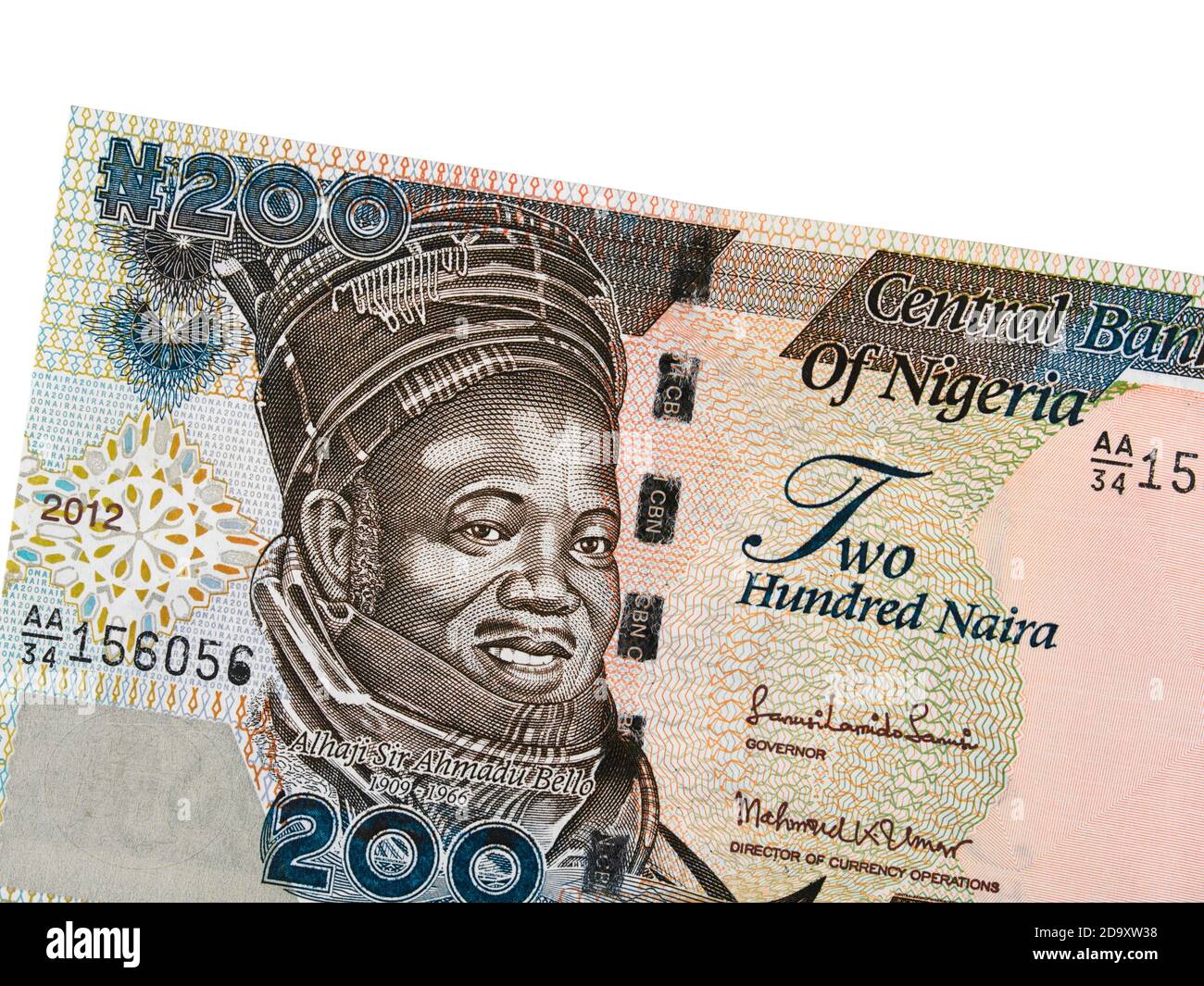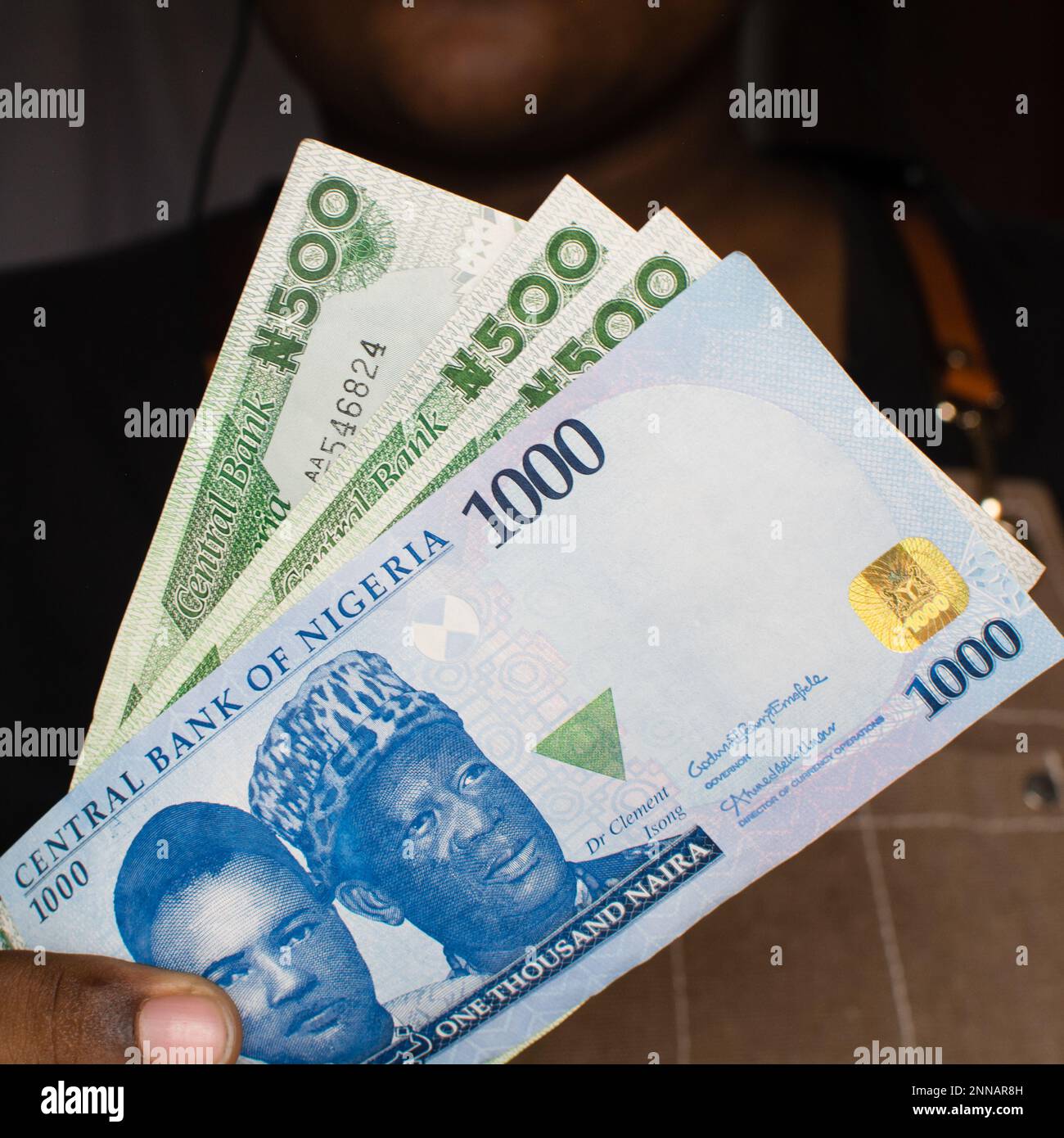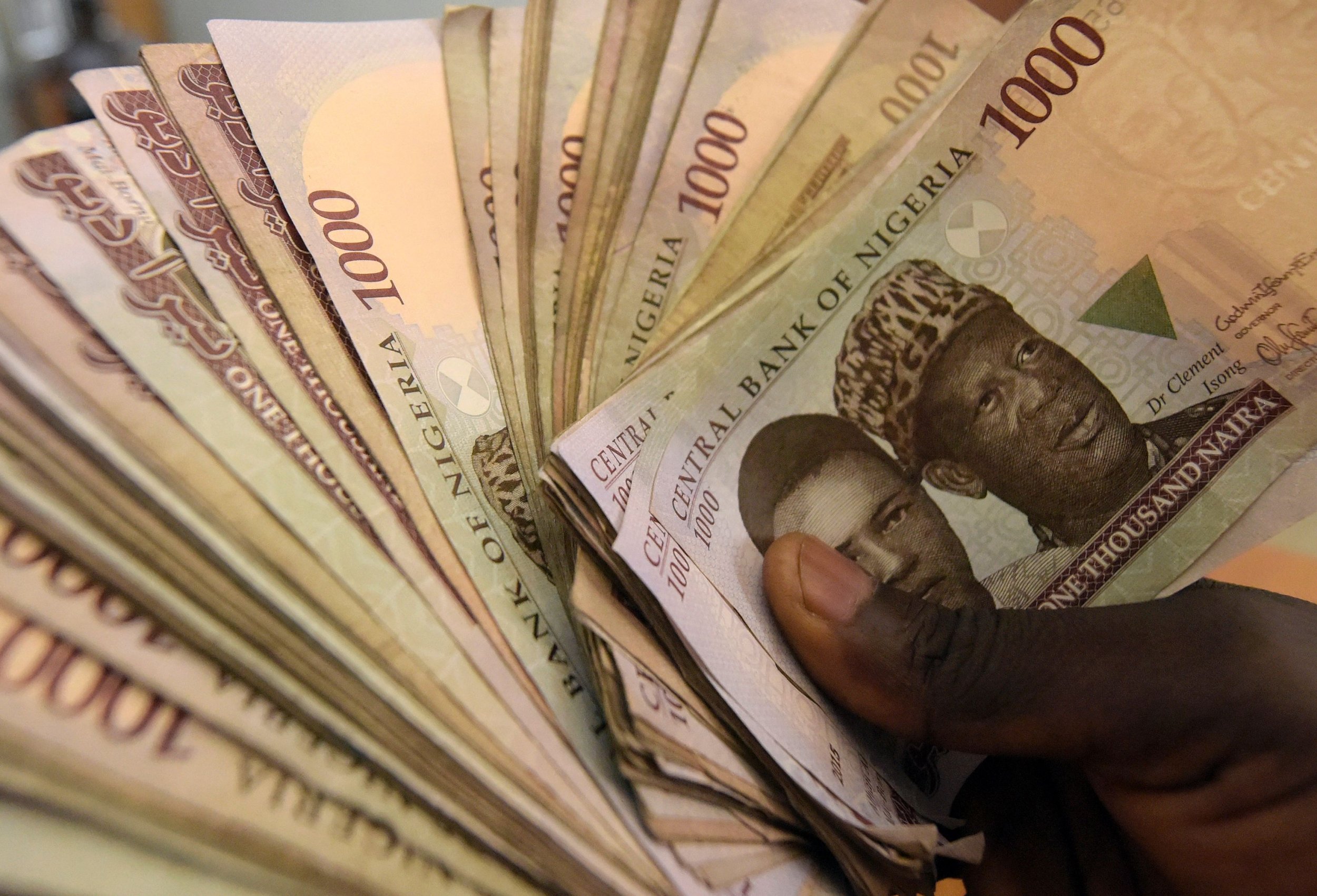Have you ever imagined a world where cash is no longer king? In Nigeria, the rise of e-money is transforming how people transact, save, and manage their finances. Whether you're paying for groceries, sending money to family, or investing in your future, e-money is making it all easier, faster, and more secure.
Let's be real, the days of carrying wads of cash around are numbered. E-money has become a game-changer in Nigeria, offering convenience and accessibility to millions. It's not just about paying bills anymore; it's about reshaping how we interact with money in our daily lives. So, buckle up because we're diving deep into the world of Nigeria e-money, and trust me, it's a ride worth taking.
Now, you might be wondering, "What exactly is e-money, and why should I care?" Well, my friend, e-money isn't just some fancy buzzword. It's a digital form of currency that's revolutionizing the financial landscape in Nigeria. From mobile wallets to digital banking, e-money is empowering people like never before. Stick around, and we'll break it all down for you.
Read also:Good Morning Fall Images Your Ultimate Guide To Capturing The Beauty Of Autumn
Understanding Nigeria E-Money: A Digital Revolution
So, let's start with the basics. Nigeria e-money refers to any form of digital currency that can be used to make transactions without the need for physical cash. Think of it as your virtual wallet that holds your money in electronic form. It's like having a bank in your pocket, but way cooler and more convenient. You can use it to pay for stuff, transfer money, and even save for a rainy day.
The beauty of e-money lies in its accessibility. In Nigeria, where a significant portion of the population doesn't have access to traditional banking services, e-money is bridging that gap. It's giving people the power to manage their finances without having to step into a bank. And let's face it, who has time for long queues and paperwork these days?
But here's the kicker: e-money isn't just about convenience. It's also about security. With advanced encryption and fraud detection systems, your money is safer than ever. No more worrying about losing your wallet or getting robbed. E-money has got your back, and it's here to stay.
Why Nigeria is Leading the E-Money Charge
Nigeria isn't just hopping on the e-money bandwagon; it's leading the charge. With one of the fastest-growing economies in Africa, Nigeria is perfectly positioned to embrace digital payments. The Central Bank of Nigeria (CBN) has been actively promoting the adoption of e-money through various initiatives and policies. And guess what? It's working!
According to a recent report by the World Bank, Nigeria has one of the highest mobile money adoption rates in Sub-Saharan Africa. In 2022 alone, the value of e-money transactions in Nigeria surpassed $100 billion. That's a lot of zeros, and it's just the beginning. With a young and tech-savvy population, Nigeria is set to become a digital payments powerhouse.
But it's not just about the numbers. The impact of e-money on Nigeria's economy is profound. It's creating jobs, boosting entrepreneurship, and driving financial inclusion. From small business owners to freelancers, e-money is empowering people to take control of their financial destinies. And that's something worth celebrating.
Read also:Meet The Man Behind The Scenes David Muirs Husband
Types of E-Money in Nigeria
Now that we've established why e-money is a big deal in Nigeria, let's talk about the different types of e-money available. It's not a one-size-fits-all solution; there are various options to suit different needs. Here are some of the most popular types of e-money in Nigeria:
- Mobile Wallets: These are apps that allow you to store and transfer money using your mobile phone. Think of services like Paga, OPay, and Quickteller.
- Banking Apps: Many traditional banks in Nigeria now offer digital banking services that include e-money features. Apps like GTBank, Zenith Bank, and Access Bank are leading the way.
- Crypto Payments: While not as widely adopted as other forms of e-money, cryptocurrencies like Bitcoin and Ethereum are gaining traction in Nigeria. Platforms like Paxful and Binance are making it easier for Nigerians to buy, sell, and use crypto.
- Prepaid Cards: These are physical or virtual cards that you can load with money and use for transactions. They're a great option for people who prefer a tangible form of e-money.
Each type of e-money has its own advantages and disadvantages, so it's important to choose the one that best suits your needs. Whether you're a tech enthusiast or someone who prefers simplicity, there's an e-money solution out there for you.
Benefits of Using E-Money in Nigeria
Okay, so we've talked about what e-money is and the different types available. But what are the real benefits of using e-money in Nigeria? Let's break it down for you:
Convenience
Gone are the days of carrying around a wallet full of cash. With e-money, you can make transactions anytime, anywhere. Whether you're paying for a taxi ride or buying groceries, it's as simple as a few taps on your phone. No more counting change or searching for ATMs. Life just got a whole lot easier.
Security
Let's face it, cash isn't the safest option. Losing your wallet or getting robbed is a real concern. With e-money, your funds are stored securely in digital wallets or bank accounts. Advanced encryption and fraud detection systems ensure that your money is protected from unauthorized access. Plus, most e-money platforms offer two-factor authentication for added security.
Financial Inclusion
One of the biggest advantages of e-money is its ability to promote financial inclusion. In Nigeria, where a large portion of the population is unbanked, e-money is providing access to financial services that were previously out of reach. It's giving people the tools they need to save, invest, and grow their wealth.
Cost-Effective
E-money transactions often come with lower fees compared to traditional banking services. Whether you're sending money to a friend or paying your bills, you can save a significant amount of money by using e-money. And who doesn't love saving money, right?
Challenges Facing Nigeria's E-Money Adoption
While the benefits of e-money in Nigeria are undeniable, there are still challenges that need to be addressed. Let's take a look at some of the obstacles hindering widespread adoption:
Infrastructure Limitations
One of the biggest challenges is the lack of reliable internet infrastructure in some parts of Nigeria. Without a stable internet connection, it's difficult for people to fully utilize e-money services. The government and private sector need to invest in improving internet access to ensure that everyone can benefit from digital payments.
Cybersecurity Concerns
As with any digital platform, cybersecurity is a major concern. While e-money providers are doing their best to secure user data, there's always the risk of cyberattacks. It's crucial for both providers and users to stay vigilant and adopt best practices to protect against potential threats.
Education and Awareness
Many Nigerians are still unfamiliar with e-money and how it works. There's a need for increased education and awareness campaigns to inform people about the benefits and how to use e-money safely. The more people understand e-money, the more likely they are to adopt it.
How E-Money is Transforming Nigeria's Economy
The impact of e-money on Nigeria's economy is nothing short of transformative. It's not just about making transactions easier; it's about driving economic growth and development. Here's how e-money is reshaping Nigeria's economy:
Boosting Entrepreneurship
E-money is empowering entrepreneurs by providing them with easy access to financial services. Whether it's through mobile wallets or digital banking, entrepreneurs can now manage their finances more efficiently and scale their businesses faster. It's creating opportunities for innovation and growth across various sectors.
Increasing Financial Inclusion
As we've mentioned before, e-money is playing a crucial role in promoting financial inclusion in Nigeria. It's giving people who were previously excluded from the formal financial system a chance to participate and benefit. This, in turn, is contributing to the overall economic development of the country.
Driving Innovation
The rise of e-money in Nigeria is driving innovation in the fintech sector. Startups and established players alike are developing new and exciting solutions to meet the needs of Nigerian consumers. From mobile wallets to blockchain-based platforms, the possibilities are endless. And the more innovation we see, the better it is for everyone.
The Future of E-Money in Nigeria
So, what does the future hold for e-money in Nigeria? The possibilities are endless. As technology continues to evolve, we can expect to see even more advanced and user-friendly e-money solutions. Here are a few trends to watch out for:
Increased Adoption of Blockchain
Blockchain technology is set to play a bigger role in the e-money space. Its ability to provide secure and transparent transactions makes it an attractive option for both providers and users. We can expect to see more platforms incorporating blockchain into their services.
Expansion of Mobile Payments
Mobile payments are already big in Nigeria, but we can expect to see even more growth in this area. With the increasing availability of smartphones and internet access, more people will be able to access and use mobile payment services. It's a trend that's here to stay.
Integration with Traditional Banking
As e-money continues to gain popularity, we can expect to see more integration with traditional banking services. This will make it easier for users to move between digital and traditional financial systems, providing a seamless experience. It's a win-win for everyone involved.
Conclusion: Embrace the E-Money Revolution
And there you have it, folks. Nigeria e-money is not just a trend; it's a revolution that's transforming the way we interact with money. From its convenience and security to its ability to promote financial inclusion, e-money is offering solutions to some of Nigeria's most pressing financial challenges.
As we've explored throughout this article, the benefits of e-money in Nigeria are undeniable. It's empowering people, driving economic growth, and paving the way for a brighter financial future. So, if you haven't already, now's the time to embrace the e-money revolution and take control of your financial destiny.
Before you go, we'd love to hear from you. Have you tried using e-money in Nigeria? What's your experience been like? Drop a comment below and let's keep the conversation going. And if you found this article helpful, don't forget to share it with your friends and family. Together, let's spread the word about the power of e-money in Nigeria.
Table of Contents
- Nigeria E-Money: The Future of Digital Payments is Here
- Understanding Nigeria E-Money: A Digital Revolution
- Why Nigeria is Leading the E-Money Charge
- Types of E-Money in Nigeria
- Benefits of Using E-Money in Nigeria
- Challenges Facing Nigeria's E-Money Adoption
- How E-Money is Transforming Nigeria's Economy
- The Future of E-Money in Nigeria
- Conclusion: Embrace the E-Money Revolution


